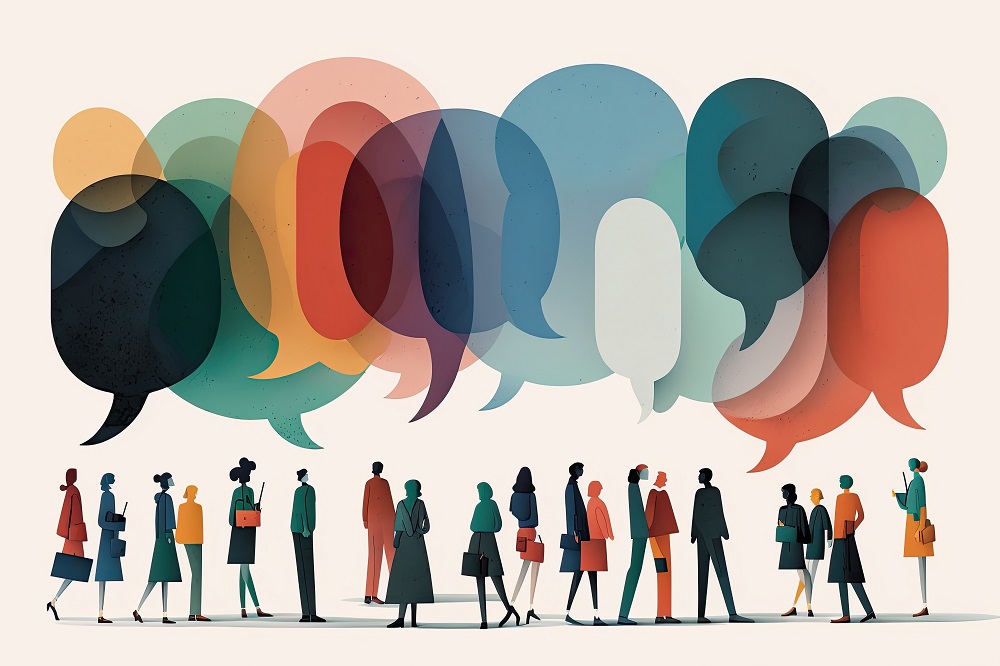A few months ago, a friend told me I reminded her of Tucker Carlson. I was aghast. Did she mean that I was a liar? Was she calling me a demagogue? I asked her what she meant. She told me that I reminded her of him because, like Tucker, I was “smart, articulate, and had the courage of my convictions.”
I was blown away. How could we both watch the same man, and yet see such different people? How could I see a demagogue who sold fear and anger, while she saw an intelligent man with the courage to say what was in his heart?
That single conversation changed the way I talk about politics with friends and family. Now, when someone says they support something that I don’t, I’ll ask them why they support it. What about it appeals to them?
For example, I’m a vocal critic of Critical Race Theory. I see it as promoting race essentialism and racial segregation. But when I ask my friends and family who support CRT, I get a very different picture. One person likes it because it calls attention to lingering racism that white people might not otherwise be aware of. Another thinks that it helps to un-marginalize the voices of people of color. We see CRT differently, but underneath that difference we have similar values.
“The truth is, many issues are more complex than we’re willing to admit.“
The truth is, many issues are more complex than we’re willing to admit. Even experts study a subject for years or their entire career in order to try to get a full picture of an issue; often, the most we can do is get a snapshot. But those snapshots can give different people starkly different impressions. For example, if I read Robin DiAngelos’ White Fragility and my friend reads Kimberlé Crenshaw’s original (and groundbreaking) paper on intersectionality, we’d come away with markedly different pictures of what CRT is.
Even when individuals read the same source material, we filter it through our own unique history and psychology. We can even see things that aren’t there. In her book Big Magic, Elizabeth Gilbert talks about some of the praise that she received for her international bestseller Eat, Pray, Love. Some people praised it for passages that weren’t even in the book! Our minds are designed to give us useful information with which to navigate the world, not to accurately record every input we ever receive; and sometimes our brains make things up.
At the same time, we forget things we see or read. I dislike Donald Trump because I remember an interview where he bragged about watching teenage girls undress. But it’s not fair to accuse my friends who like Trump of supporting that behavior, because odds are that they either weren’t exposed to it or don’t remember it. It was, after all, just one headline among thousands.
For me, this insight lends new weight to Thomas Jefferson’s quote, “I never considered a difference of opinion in politics, in religion, in philosophy, as cause for withdrawing from a friend.” I think most of us share similar values, even if those values lead us to different conclusions. We all want safer communities, less racism, and better lives for our kids. In our values as in so many things, our differences are dwarfed by our similarities.




